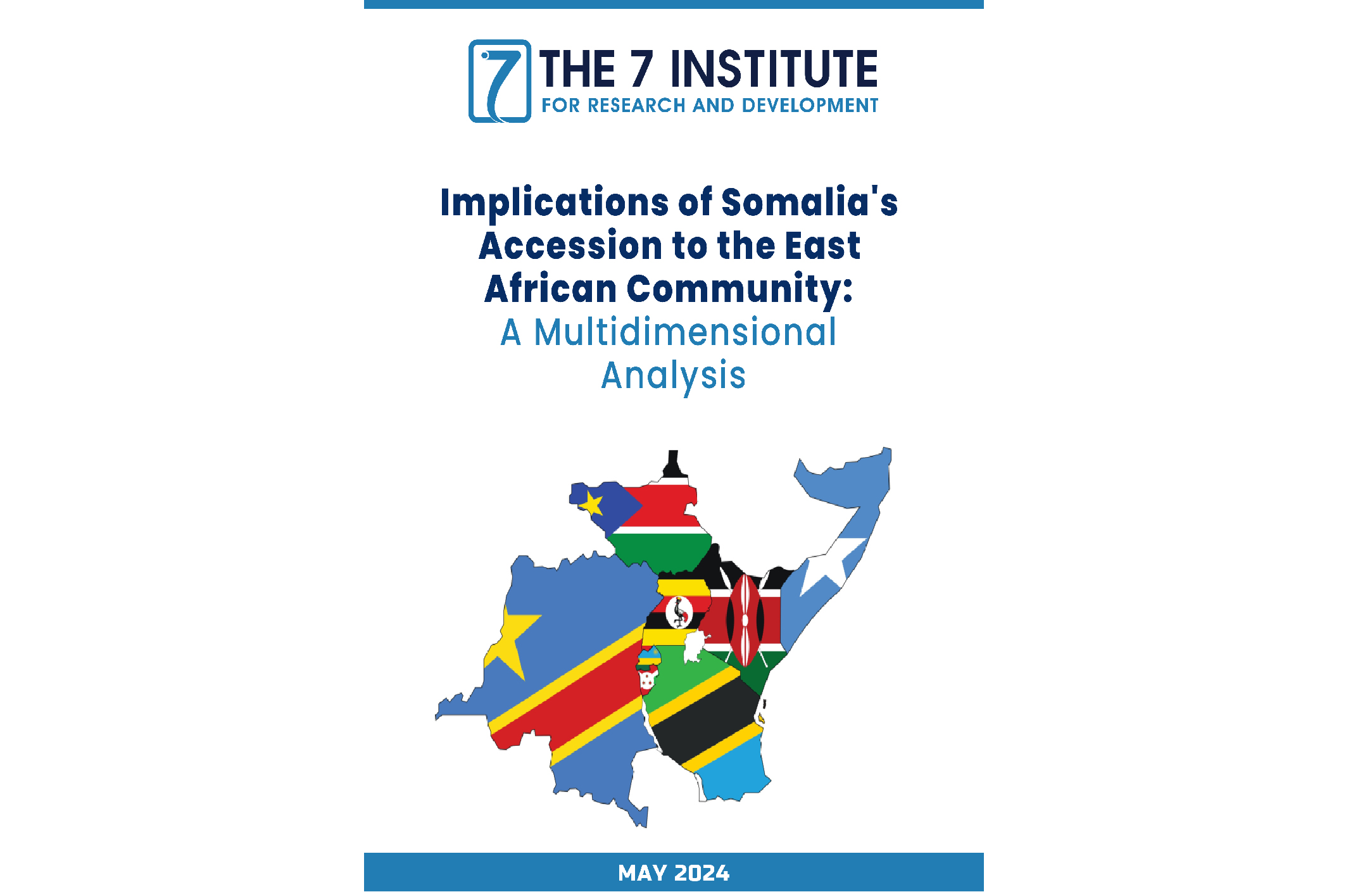
The East African Community (EAC) was founded in July 2000 and has developed into a vibrant regional alliance of eight member nations. The EAC is headquartered in Arusha, Tanzania. The primary objective of the EAC is to foster political, economic, and social collaboration among its member states, with the ultimate goal of generating reciprocal advantages. With a population exceeding 300 million and a total economic output of $312.9 billion, the EAC wields significant economic and social influence. The EAC is significant due to its extensive integration of member nations across various areas, encompassing economic, political, and social sectors. The extent of integration is highlighted by initiatives such as the Customs Union, Common Market, and the goal of a Monetary Union. Somalia has recently become the eighth member of the EAC, and the organization is still open to further expansion, which might include nations such as Ethiopia, Djibouti, and Eritrea in the future. The inclusion of Somalia into the EAC on March 4, 2024, was an essential milestone in the nation’s regional collaboration and advancement progress. Nevertheless, perspectives on this accession diverge significantly, with certain individuals perceiving it as a stride towards advancement while others regard it as a situation with both positive and negative consequences. To grasp the topic thoroughly, this study sought to assess the potential advantages and disadvantages of Somalia’s membership in the EAC. The analysis explored the potential economic benefits that Somalia could get from its membership in the EAC, taking into account the difficulties associated with integrating with member states that are more economically developed. Additionally, it examined the possibilities and probable challenges linked to Somalia’s membership in the EAC. Challenges and opportunities were recognized, with Somalia’s advantageous strategic geographical location and long coastline being prominent among its key benefits. This allows the EAC to enter global markets and capitalize on marine resources. Membership in the EAC offers Somalia the potential for economic integration, the opportunity to diversify its funding sources, and the prospect of enhanced governance. Nevertheless, the nation confronts obstacles in governance, infrastructure shortcomings, institutional weaknesses, and constitutional crises. It is crucial to tackle these challenges to guarantee that Somalia fully capitalizes on the advantages of being a member of the EAC. Furthermore, it is important to recognize the possibility of unjust competition and uneven distribution of benefits inside the EAC, where stronger member states may have the capacity to dominate smaller members. Ultimately, this paper offers a comprehensive examination of Somalia’s entry into the EAC, specifically emphasizing the obstacles and prospects. It includes an analysis of the economic, financial, health, and socioeconomic sectors and a thorough evaluation of business opportunities and obstacles. The report concludes by providing solutions to the highlighted challenges and promoting fair and equal involvement in the EAC.

